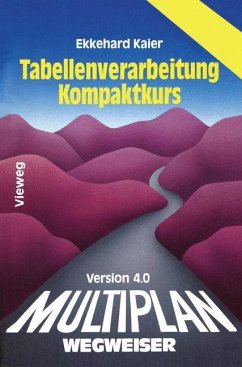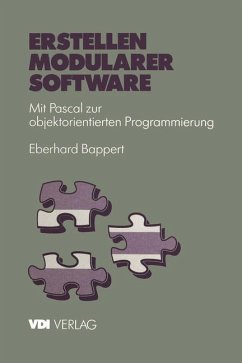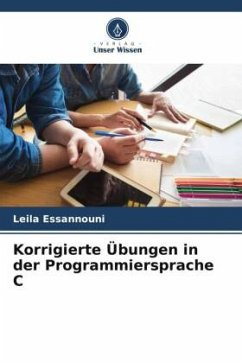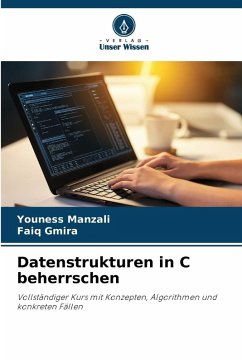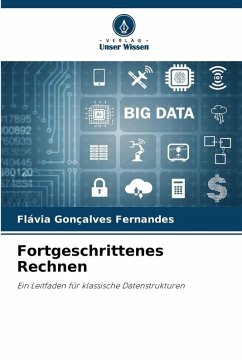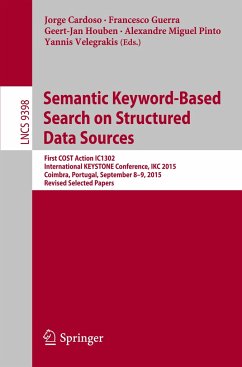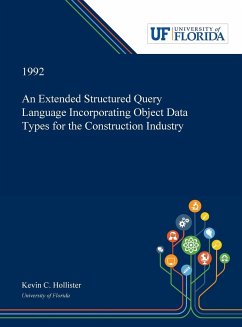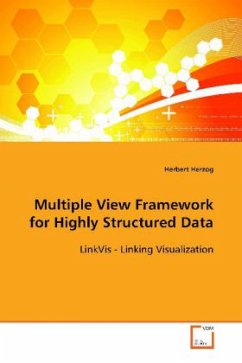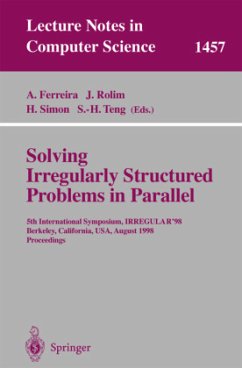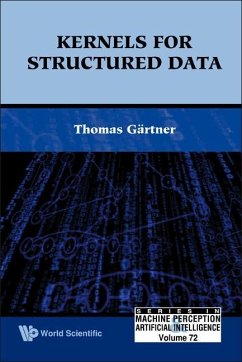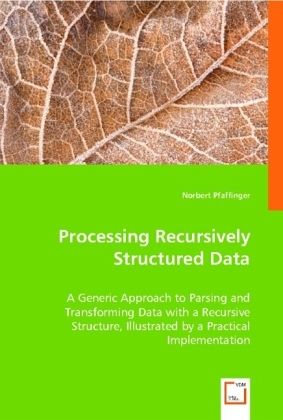
Processing Recursively Structured Data
A Generic Approach to Parsing and Transforming Data with a Recursive Structure, Illustrated by a Practical Implementation
Versandkostenfrei!
Versandfertig in 6-10 Tagen
45,99 €
inkl. MwSt.

PAYBACK Punkte
23 °P sammeln!
Many languages and data structures are of a recursive nature, repeating structures as sub-structures. Arithmetic expressions, virtually all programming languages, and various XML schema definitions are well-known examples. There are several difficulties in writing software operating on such data: For instance, due to stack usage issues it may not be appropriate to use recursive function calls. Furthermore, elaborate solutions are required for efficient memory representations and parsing.This book introduces a generic approach applicable to the processing of any kind of data with a recursive st...
Many languages and data structures are of a recursive nature, repeating structures as sub-structures. Arithmetic expressions, virtually all programming languages, and various XML schema definitions are well-known examples. There are several difficulties in writing software operating on such data: For instance, due to stack usage issues it may not be appropriate to use recursive function calls. Furthermore, elaborate solutions are required for efficient memory representations and parsing.This book introduces a generic approach applicable to the processing of any kind of data with a recursive structure. The approach allows for a straight-forward implementation of manipulations of such data, including the use of recursive function expressions. At the same time both memory and runtime efficiency are guaranteed, thus supporting the processing of extremely large data instances. The technique relieves programmers from having to care about implementation details such as memory handling.The approach is illustrated by a practical implementation and its application in mathematical logic, namely for transformations of various well-known knowledge representation and reasoning tasks.



